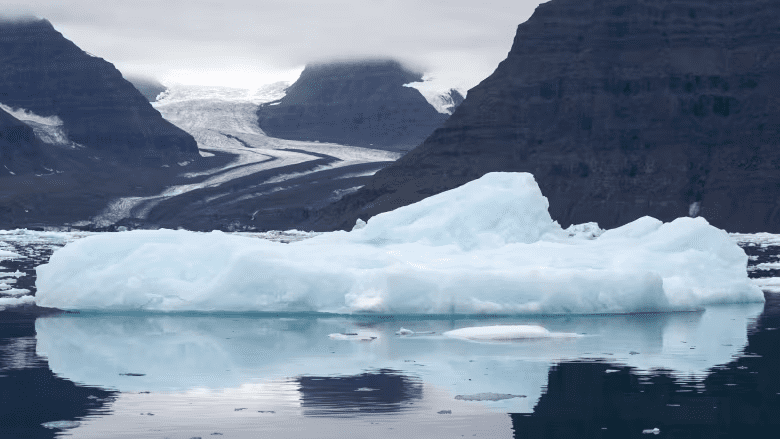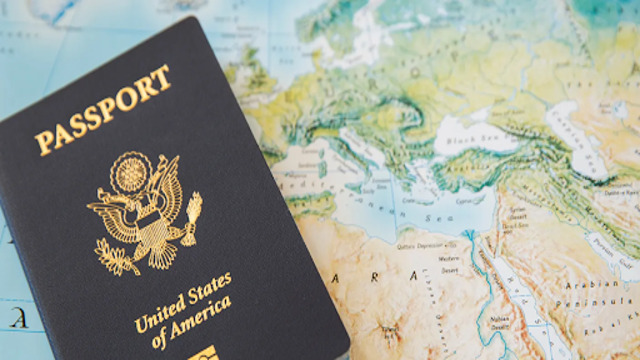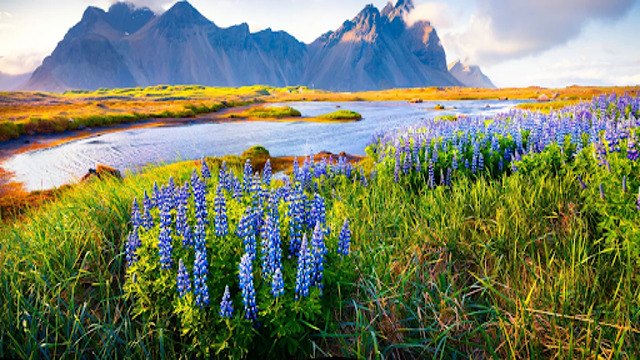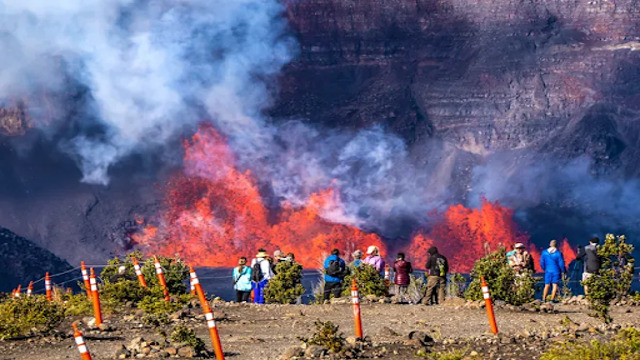
A majestic iceberg drifts in Scoresby Sund, Greenland, during September. The recent Arctic Report Card by the National Oceanic and Atmospheric Administration captures the scene of extensive melting on the Greenland Ice Sheet, blossoming tundra in Alaska, reduced chinook runs on the Yukon River, and various signs of a transforming North. (Photo: Chris Szagola/AP)
Canada's northern regions have experienced unprecedented warm weather, with a recent report indicating that this summer marked the warmest ever recorded across the Arctic. The annual Arctic Report Card, released by the National Oceanic and Atmospheric Administration (NOAA) in the U.S., details well-established trends of Arctic change. The report, compiled by 82 authors from 13 countries, prominently features Canada, offering insights into the conditions in the Canadian North.
One key highlight in the report focuses on the North American Arctic's spring, where high snowpack levels melted early in the Northwest Territories and western Nunavut. Rick Thoman, the report's lead editor and a climate specialist at the University of Fairbanks Alaska, emphasized the impact of the Mackenzie River acting as a "fire hose of warm water" into the Beaufort Sea, accelerating sea ice melt.
The consequences of these climatic shifts are evident in the report, noting severe economic and cultural impacts due to extremely low chinook salmon populations in the Yukon River, the second-smallest run on record. Alaska also witnessed record-high numbers of sockeye salmon.
While the report's scope didn't initially cover the Northwest Territories' historic 2023 wildfire season, it later included a section highlighting the extensive burning of over 4.1 million hectares of land, the largest area burned in a 44-year record.
Beyond Canada, the report outlines broader changes in the Arctic, such as a significant increase in marine algae, a record-wet August in Scandinavia, greening tundra in Alaska, and extensive melting on the Greenland Ice Sheet
The Arctic Report Card is designed in plain language for decision-makers and serves as a peer-reviewed reference for those applying for climate adaptation funding. Herb Nakimayak, chair of the Fisheries Joint Management Committee in the Inuvialuit Settlement Region and vice president of international affairs for the Inuit Circumpolar Council Canada, emphasized the report's significance. Nakimayak, drawing on his observations during a recent trip to Paulatuk, N.W.T., highlighted the drastic changes, including open water and unfrozen ocean currents, disrupting traditional travel patterns.
Nakimayak stressed the importance of reports like these, emphasizing the need for more community voices in such assessments. While scientists conduct research over short durations, he suggested that combining scientific and traditional knowledge represents the most effective approach to understanding ongoing changes in the Arctic.
As Nakimayak remarked, the Arctic is undergoing substantial transformations, making documentation of these changes crucial. The report, originating from NOAA, holds global significance and draws attention to the impactful shifts occurring in the Arctic region.















